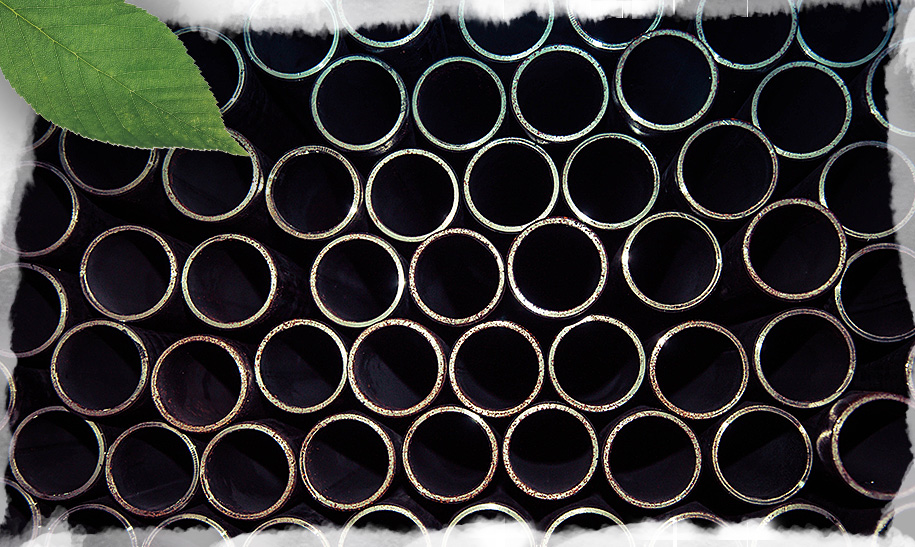For the past decade I have monitored patients for heavy metals, specifically lead and mercury. I find elevated levels on a weekly basis and, sadly, these results no longer surprise me.
Many of us are regularly exposed to mercury through the food we eat (seafood, mainly) and lead through our drinking water. Once ingested, these metals are absorbed and distributed into our tissues within just hours, but unfortunately it can take months or even years to clear them from our bodies, depending upon where the metals have spread.
While exposure to higher doses of heavy metals can be immediately toxic, chronic low-level exposure has somewhat of a more insidious impact over time, creating cumulative damage through the process of oxidative stress, an underlying mechanism of chronic disease.
Nervous System
- cognitive and neurologic deficits
- harmful to developing and growing brains
Cardiovascular System
- cardiovascular disease, such as hypertension, heart disease and stroke
- diabetes and metabolic syndrome
- kidney disease, as heavy metals are toxic to the kidneys’ delicate filtering system
Reproductive System
- infertility in both men and women
Bone Health
- decreased peak bone mineral density may be caused by early lead burden
Cancer
- lead is a known human carcinogen
How Do We Avoid Heavy Metals?
- Use a carbon-based filtered water system for drinking and cooking. There are many water filters on the market, and you do not need a fancy one nor a heavily-marketed product. Here is a good resource for selecting a water filter.
- Choose low-mercury fish, as ingesting fish high in mercury is the most common source I see in my practice for elevated levels of mercury. Once you are tested, avoid eating fish for three months and have your levels rechecked.
- Additional sources of lead and mercury that I have seen in my practice involve various supplements from China and India, some herbs and spices, vaping pens, and hunted game.
- Research your state’s lead levels, and protect yourself from lead levels present at home, such as in paint, on the ground and in children’s toys. Additionally, contact resources in your community to support initiatives to remove/replace lead piping.
If you are worried about your level of heavy metals, ask a physician for a screening, which involves a simple blood test (I do not recommend hair testing). A normal level of heavy metals in your system should be 0 (zero). If you test positive or high for metals, make changes to your environment and diet and continue to monitor your body’s levels.
Worth Reading
Ahamed, M., Siddiqui, M.K.J., “Low level lead exposure and oxidative stress: Current opinions,” ScienceDirect/2007
Chae, Hong-Jae, Choi, Won-Jun, Ha, Mi-Na, et al., “Evaluation of mercury exposure level, clinical diagnosis and treatment for mercury intoxication,” PMC/2016
Editorial Staff, “Low-Level Lead Exposure & Implications for Human Health,” The Institute for Functional Medicine/2022
Gill, Lisa L., “Your Herbs and Spices Might Contain Arsenic, Cadmium and Lead,” Consumer Reports/2021
Greeson, Brittany, “Lead Pipes are Widespread and Used in Every State,” NRDC/2021
Hoang, Ngoc Long Minh, Kim, Min-Sun, Nguyen, Hai Duc, et al., “Association between heavy metals, high sensitivity C-reaction protein and 10-year risk of cardiovascular diseases among adult Korean population,” Scientific reports/2021
Mulvihill, Keith, “Causes and Effects of Lead in Water,” NRDC/2021


